The 15th Latin American Theoretical Informatics Symposium LATIN 2022 will be held in Guanajuato, Mexico. LATIN is devoted to different areas in theoretical computer science including, but not limited to: algorithms (approximation, online, randomized, algorithmic game theory, etc.), analytic combinatorics and analysis of algorithms, automata theory and formal languages, coding theory and data compression, combinatorial algorithms, combinatorial optimization, combinatorics and graph theory, complexity theory, computational algebra, computational biology, computational geometry, computational number theory, cryptology, databases and information retrieval, data structures, formal methods and security, foundations of data science and theoretical machine learning, Internet and the web, parallel and distributed computing, pattern matching, programming language theory, quantum computing, and random structures.
CONFIRMED INVITED SPEAKERS
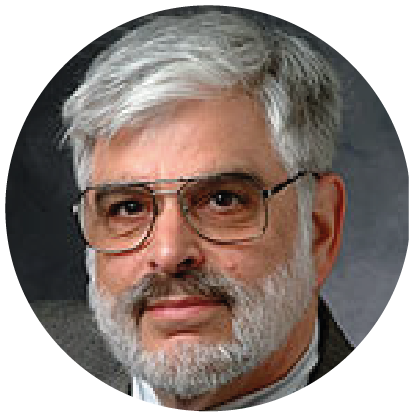
Jeffrey D. Ullman |
||

David Eppstein |
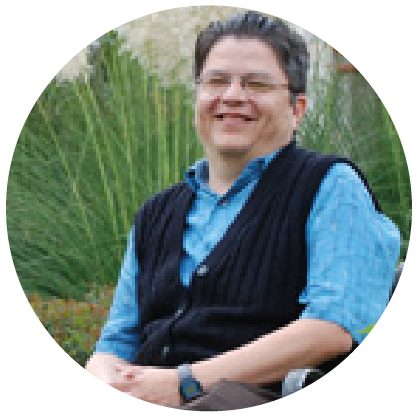
Mauricio Osorio |
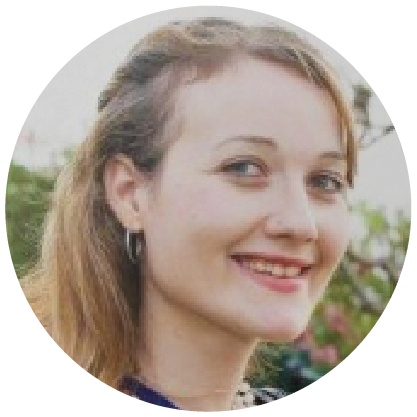
Merav Parter |
ROUND TABLE TO HONOR THE LEGACY OF HÉCTOR GARCÍA-MOLINA.
Héctor García-Molina was a professor of computer science and electrical engineering at Stanford University and honorary doctor of the Department of Computer Science at ETH Zurich. A native of Monterrey, México, Héctor's work and innovative ideas had a profound impact in creating the foundations of large database and cloud computing technologies used by emblematic companies like Cisco, Google and Oracle. This round table will be devoted to celebrate Héctor's academic and research legacy and will be part of the main program of Latin 2022. Our list of panelists is composed by,
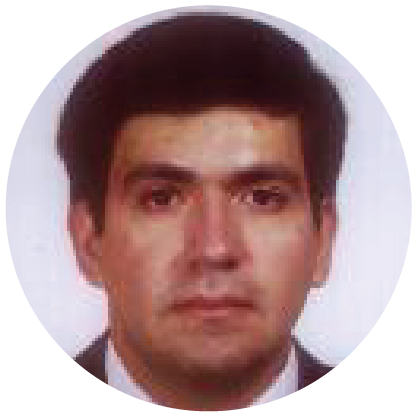
Carlos Coello Coello
|

Jeffrey D. Ullman |
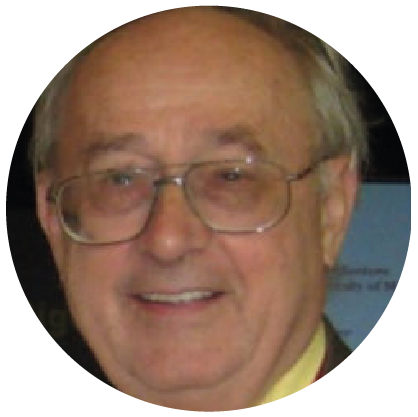
Gio Wiederhold |
IMPORTANT DATES
All deadlines are at 23:59 anywhere on earth.
The authors' registration: September 20th, 2022.
COMMITTEES
CONFERENCE CHAIR
Francisco Rodríguez Henríquez,
Centro de investigación y de Estudios Avanzados, México;
Cryptography Research Centre, TII, Abu Dhabi, United Arab Emirates.
PROGRAM COMMITTEE
Martin Aumüler, University of Copenhagen, Denmark
Jérémy Barbay, Universidad de Chile, Chile
Leonid Barenboim, The Open University of Israel, Israel
Frédérique Bassino, Université Sorbonne Paris Nord, France
Luciana Buriol, Amazon, USA
Armando Castañeda, Universidad Nacional Autónoma de México, México (Chair)
Witold Charatonik, University of Wrocław, Poland
Min Chih Lin, Universidad de Buenos Aires, Argentina
Amalia Duch Brown, Universitat Politècnica de Catalunya, Spain
Leah Epstein, University of Haifa, Israel
Martín Farach-Colton, Rutgers University, USA
Esteban Feuerstein, Universidad de Buenos Aires, Argentina
David Flores-Peñaloza, Universidad Nacional Autónoma de México, México
Fedor Fomin, University of Bergen, Norway
Jesper Jansson, Kyoto University, Japan
Gabriela Jeronimo, Universidad de Buenos Aires, Argentina
Christos Kaklamanis, University of Patras & CTI "Diophantus", Greece
Shuji Kijima, Kyushu University, Japan
Gregory Kucherov, CNRS/LIGM, France
François Le Gall, Nagoya University, Japan
Jérémy Ledent, University of Strathclyde, UK
Reut Levi, IDC Herzliya, Israel
Giovanni Manzini, Università di Pisa, Italy
Andrea Marino, Universitè degli Studi di Firenze, Italy
Elvira Mayordomo, Universidad de Zaragoza, Spain
Marco Molinaro, Pontifical Catholic University of Rio de Janeiro, Brazil
Guilherme Oliveira Mota, Universidade de São Paulo, Brazil
Lucia Moura, University of Ottawa, Canada
Gonzalo Navarro, Universidad de Chile, Chile
Rafael Oliveira, University of Waterloo, Canada
Daniel Panario, Carleton University, Canada
Gopal Pandurangan, University of Houston, USA
Seth Pettie, University of Michigan, USA
Miguel A. Pizaña, Universidad Autónoma Metropolitana, México
Igor Potapov, University of Liverpool, UK
Svetlana Puzynina, Sobolev Institute of Mathematics, Russia
Pablo Rotondo, Université Gustave Eiffel, France
Jared Saia, University of New Mexico, USA
Rodrigo I. Silveira, Universitat Politècnica de Catalunya, Spain
Mohit Singh, Georgia Tech, USA
José A. Soto, Universidad de Chile, Chile
Frank Stephan, National University of Singapore, Singapore
Martin Strauss, University of Michigan, USA
Subhash Suri, University of California, USA
Dimitrios M. Thilikos, LIRMM, Université de Montpellier, CNRS, Montpellier, France
Christopher Thraves, Universidad de Concepción, Chile
Denis Trystram, Université de Grenoble Alpes, France
Seeun William Umboh, The University of Sydney, Australia
Jorge Urrutia, Universidad Nacional Autónoma de México, México
Alfredo Viola, Universidad de la República, Uruguay
Mikhail V. Volkov, Ural Federal University, Russia
Sebastian Wild, University of Liverpool, UK
Georg Zetzsche, Max Planck Institute, Germany
ORGANIZING COMMITTEE
Tássio Naia, Universidade de São Paulo, Brazil (Publicity Chair)
Mariano Rivera Meraz, CIMAT, Guanajuato, México (Organizing Committee chair)
Edgar Leonel Chávez González, CICESE, Ensenada, México (Tutorial chair)
STEERING COMMITTEE
Michael A. Bender, Stony Brook University, USA
Cristina G. Fernandes, Universidade de São Paulo, Brazil
Joachim von zur Gathen, Bonn-Aachen International Center for Information Technology, Germany
Evangelos Kranakis, Carleton University, Canada
Conrado Martínez, Universitat Politècnica de Catalunya, Spain
Flávio Keidi Miyazawa, Universidade Estadual de Campinas, Brazil

